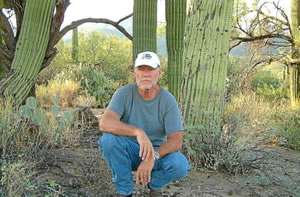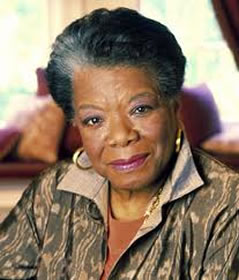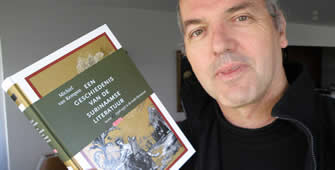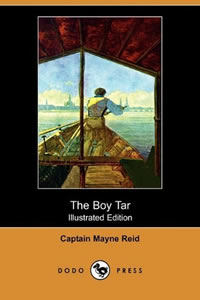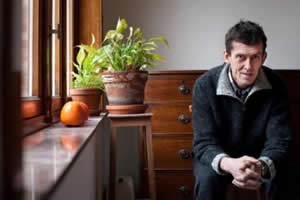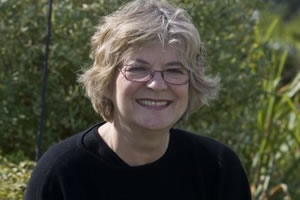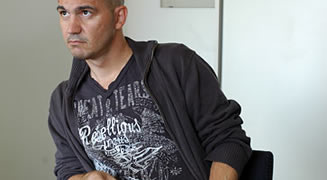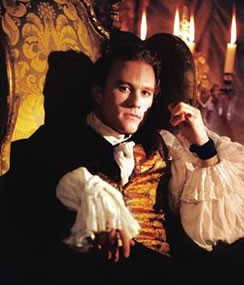Bij Witte Donderdag

Het Laatste Avondmaal door Peter Paul Rubens, 1630-1632
Het laatste avondmaal
Mark. XIV v. 22-24.
Toen hij zijn bijzijn was ontvloden,
Wien Jezus, in den laatsten nacht,
De bittre bete had geboden.
Die al zijn bloed aan ’t gisten bracht;
Toen Judas, om, naar ’t woord des Heeren,
Met haast te doen hetgeen hij deed,
Zijn heilig aangezicht vermeed,
Om met dien kus terug te keeren!
Toen de ijslijke ure was gekomen,
Waarin de kampstrijd aan zou gaan,
Werd op zijn wezen niets vernomen.
Dat angst of droef heid kon verraân;
Hij zag in wat Hij zou beginnen,
In ieder foltring Hem bereid,
Al zijn aanstaande heerlijkheid,
En in zijn strijden ’t overwinnen.
Nog eens tot de Elve dan gesproken,
Van liefde en eendracht, moed en trouw!
Toen heeft Hij plechtig ’t brood gebroken,
Daar elk van hen van eten zou.
Toen heeft Hij, aan dien heilgen dissche,
Den laatsten beker om doen gaan,
Zoo als ’t nog heden wordt gedaan,
Ter maaltijd der gedachtenisse.
O Beeldspraak van de felste smart:
Gebroken brood, vergoten wijn!
Moet gij voor mijn geloovig harte
Van ’s Heilands dood de teeknen zijn!
Gewis; zijn lichaam werd verbroken,
Om mij te redden van ’t verderf,
Zijn hand doorgriefd, zijn zij’ doorstoken,
Opdat ik Gods gena verwerf.
Als ik ’t gebroken brood dan ete,
En proeve den vergoten wijn,
Mijn Heiland! dat ik nooit vergete
Hoe veel en groot mijn zonden zijn!
Opdat ik voor mijzelf mij schame,
Maar, overtuigd van Gods gena,
Van uw gewijde tafel ga,
Op nieuw versterkt in uwen name.

Nicolaas Beets (13 september 1814 – 13 maart 1903)
De theekoepel in Arendshof, waar Beets zijn verzen voorlas
Lees verder “Nicolaas Beets, Hugo Claus, Algernon Swinburne, Bora Ćosić”

